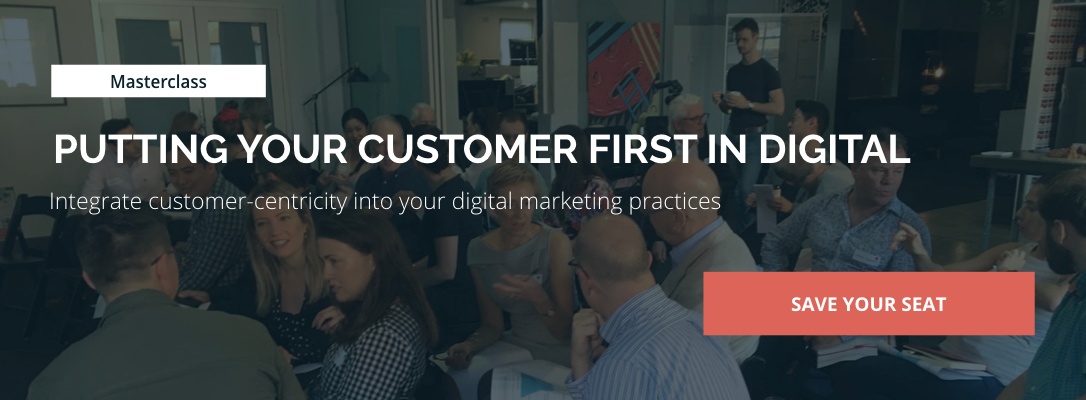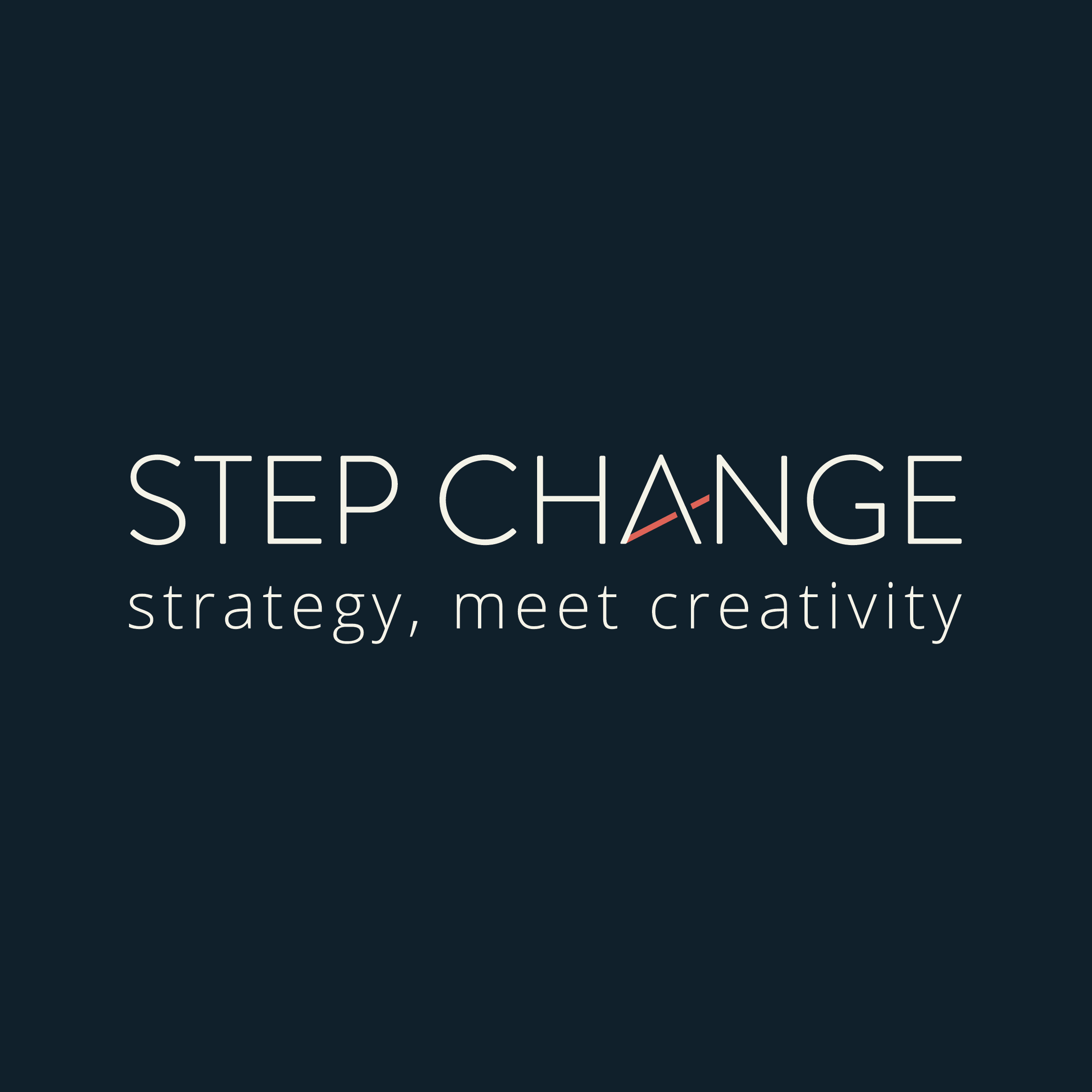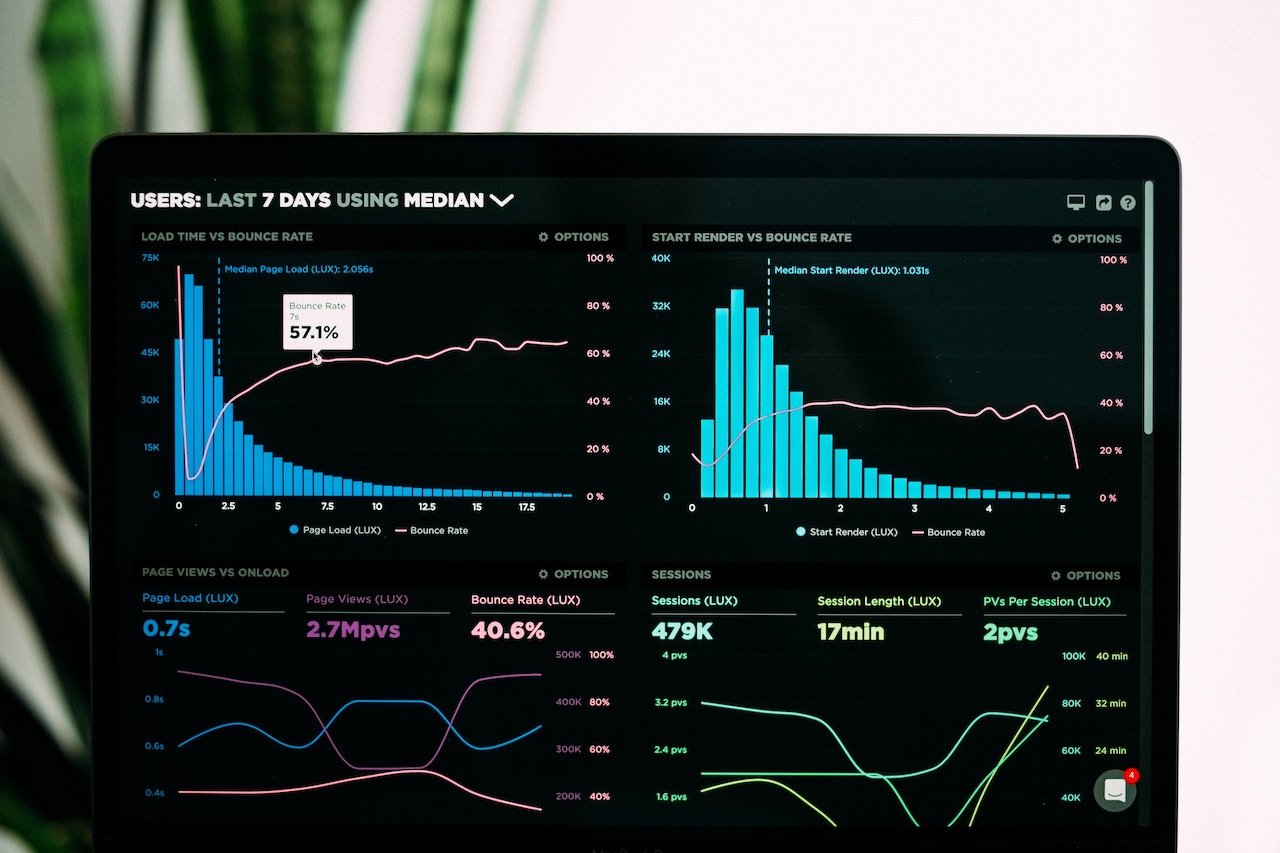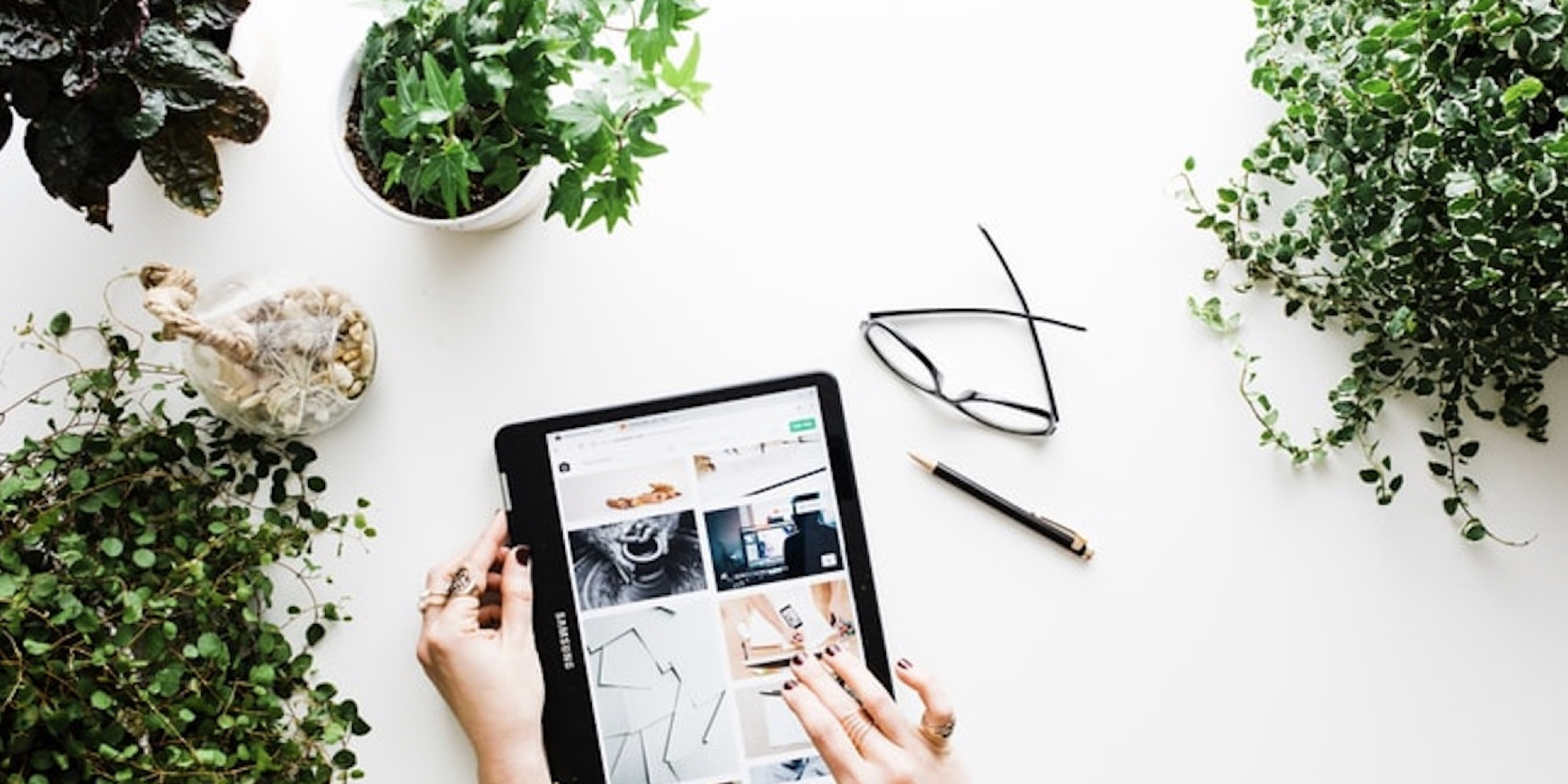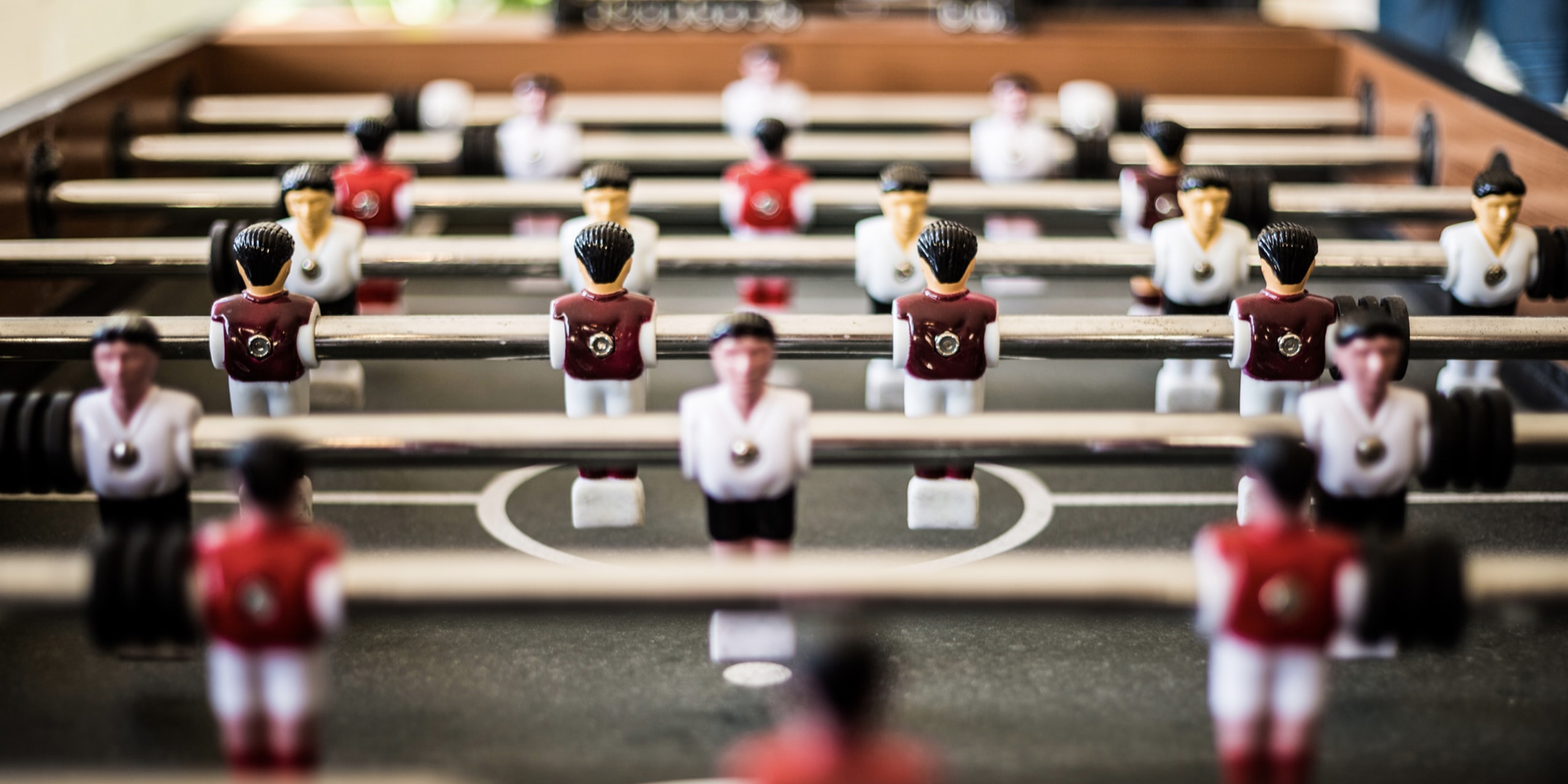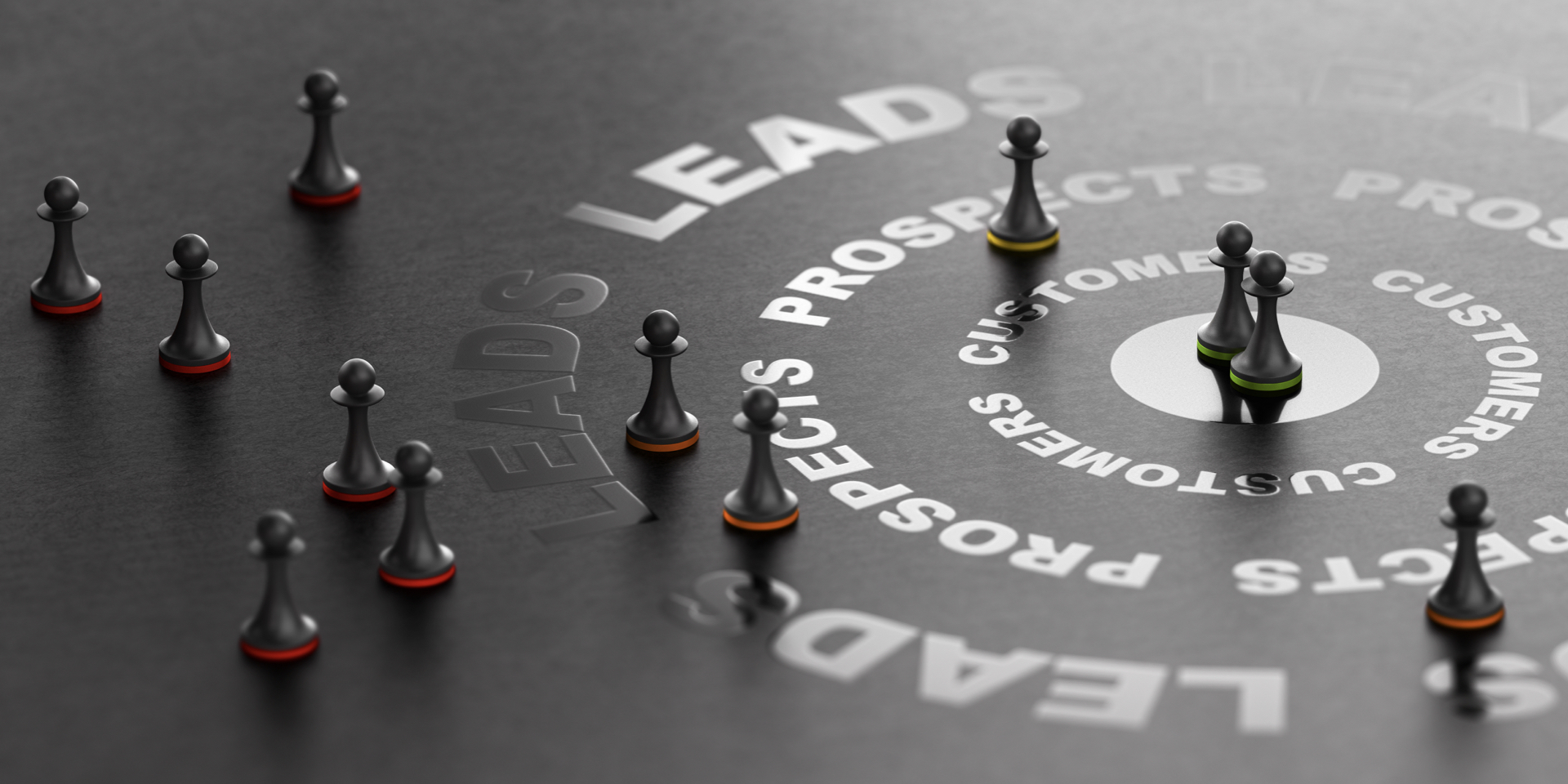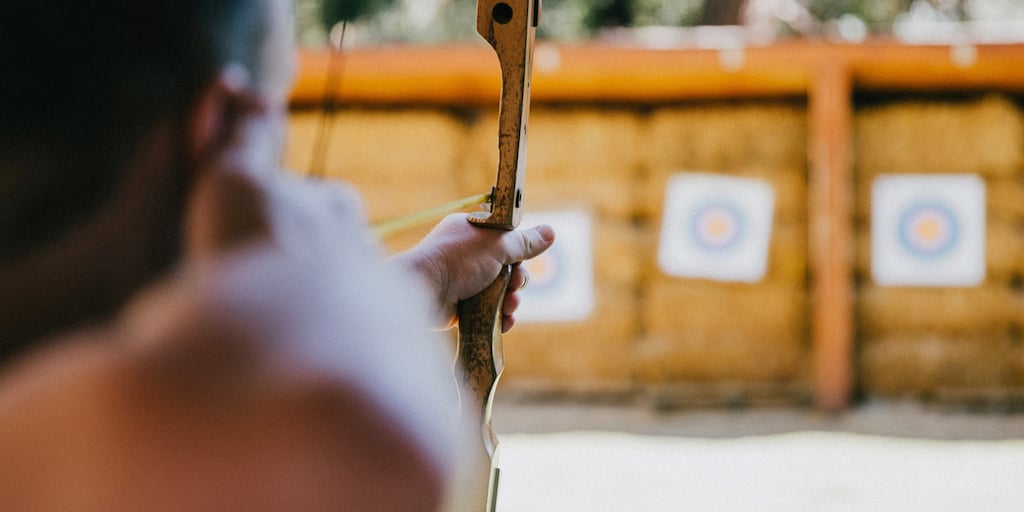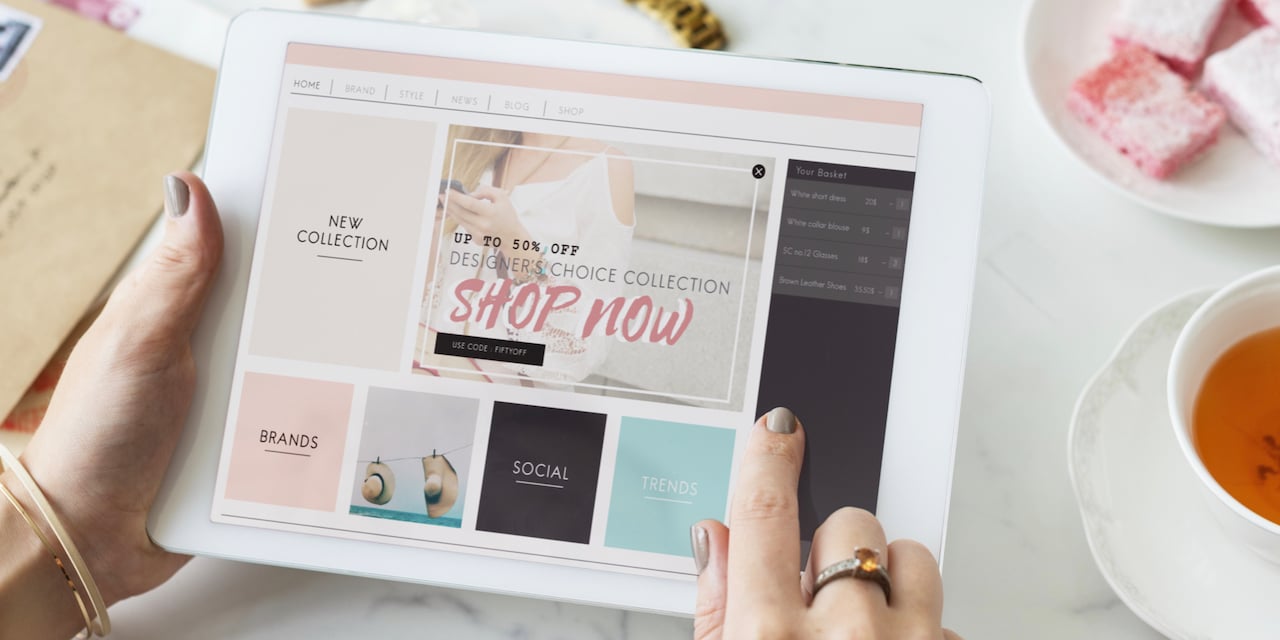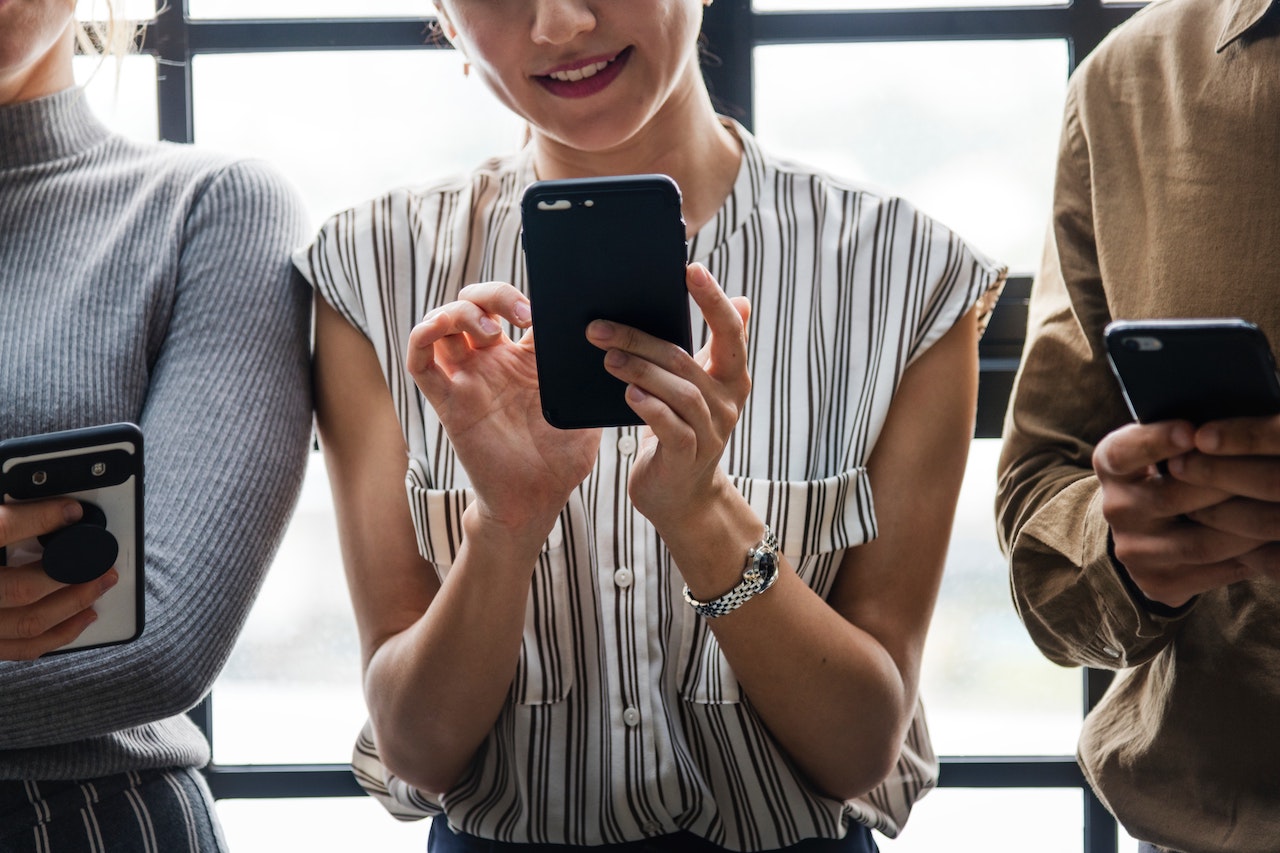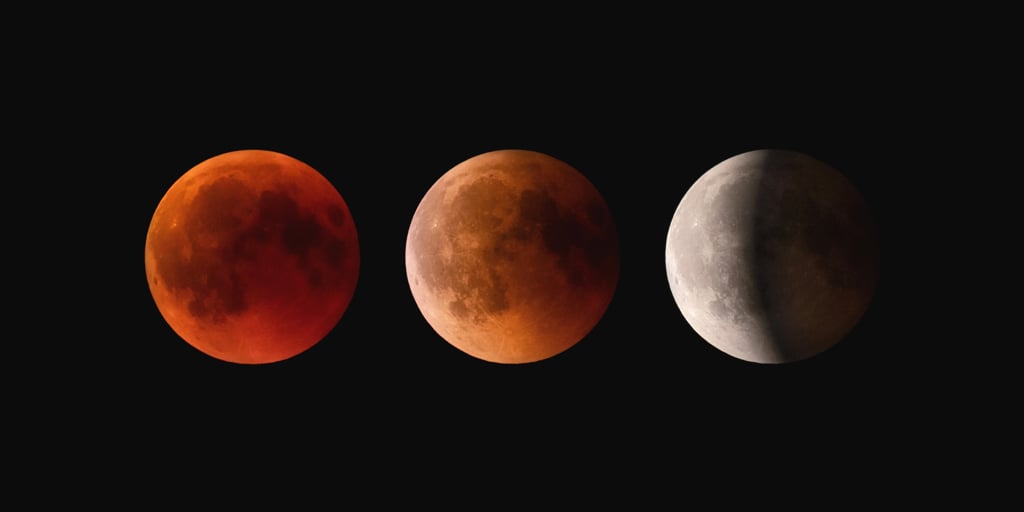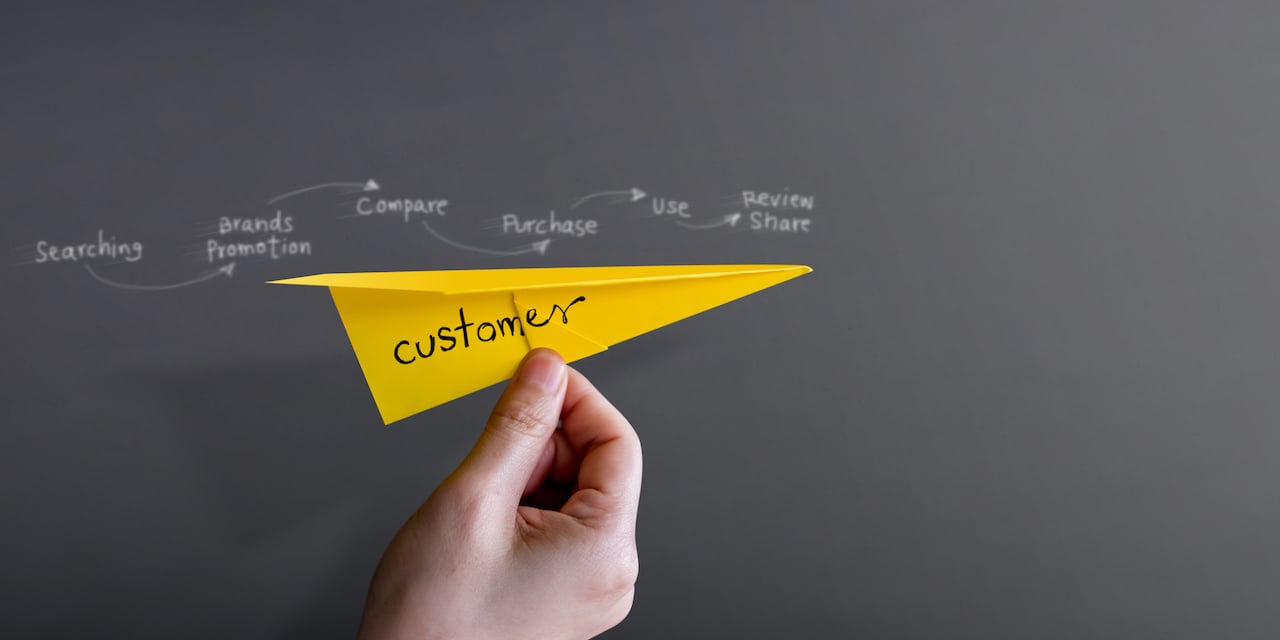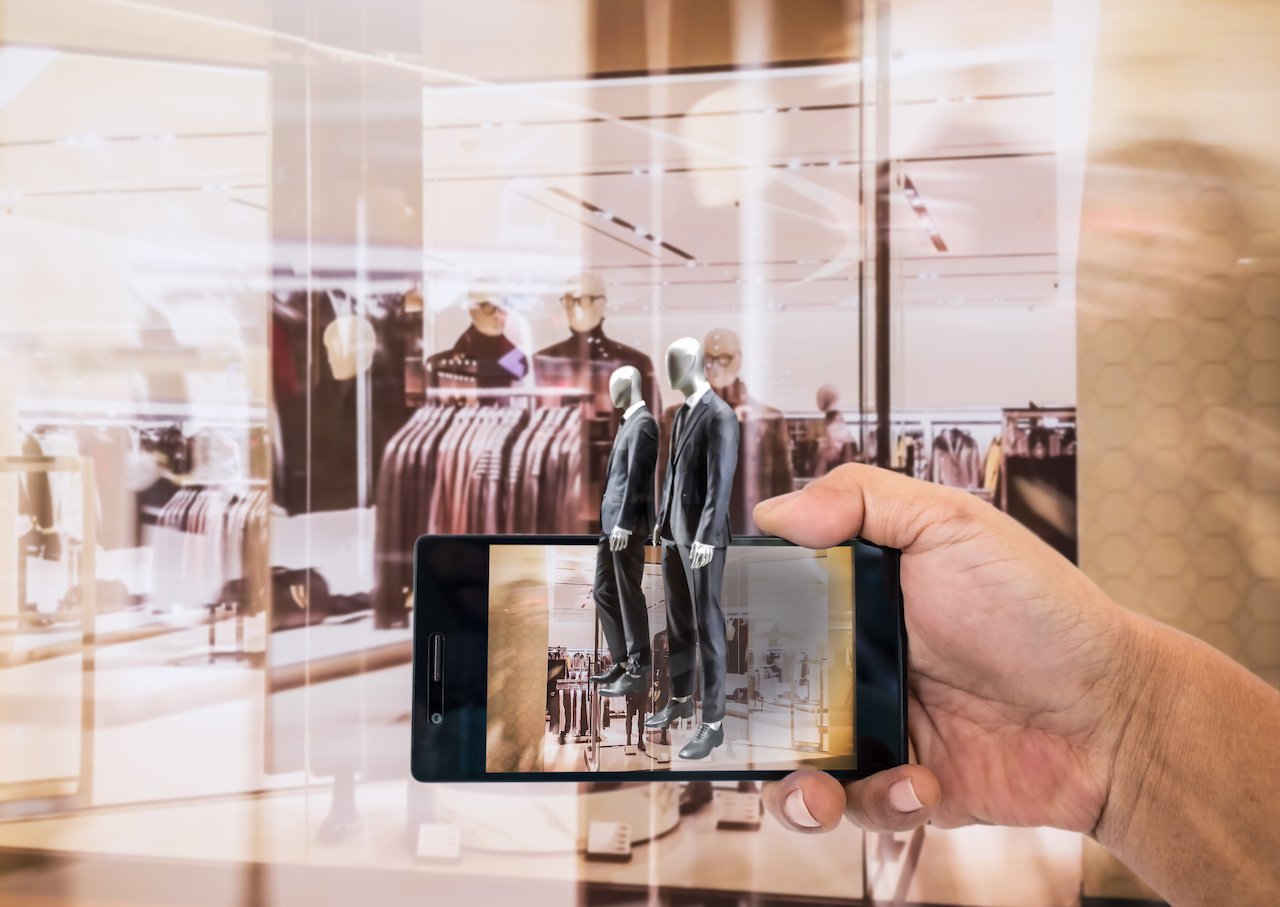Robert Steers, our Director and Head of Digital, made a special guest appearance in the #Katietalks podcast to share his insights on social media trends and the changes he’s seeing in today’s business environment.
Here’s the edited transcript of the podcast.
Could you give us a little more colour as to your background?
My background is very diverse. My parents ran a restaurant, my dad was a mechanic, and I grew up when the internet was growing up. I think I built my first website in the mid-90s, and it was horrible, but it got me a gig over the millennial 1990–2000 period and then came to Australia from the UK.
I built my own social media website in 2002, and once again, it was equally horrible. I really wish I could resurrect it because it was a really good idea about bringing sports people together to share their interests, but unless I have a significant amount of time and money on my hands, that is not likely to happen.
Why is social media something that you’re so passionate about?
It’s one to one, and it’s always great to be in touch with people. For all its flaws and all of its benefits, fundamentally, it’s about people connecting with each other. And I think brands can use that well and poorly. I’m passionate about it because it is every marketer’s dream to have that genuine connection and communication with their market and their customers.
What impact could social media have on your personal brand?
Great question. I think you become more of a reflection of the things that are around you. Some people might claim, “This is my personal brand, and I define it as that,” but you can actually see it as the things that you share, the way that you act, and how you behave on social media.
Again, it’s both the good and bad. Some people may comment and share racist things, things that would go against how they project their personal brand. You fundamentally become a reflection of what your personal brand actually is, rather than what you think it is. That’s the power of social media and the blurring of personal and business worlds and lines.
With social media purveying and being everywhere, on TV, Alexa in the corner of your room, or your phone, eventually, it’s just gonna be some Black Mirror episode where there is no distinction between who we are and our personal brand on social media. I thinks it’s just going to be inextricably linked.
Every day, we’re seeing examples of that blurring of personal and professional lines. What’s your view on that? Is that a good thing or not?
I think it is a good thing. Maybe I’m being a bit too optimistic. Ultimately, we get the social media that we deserve — and some people deserve this transparency. There are some clever people who will manipulate it almost perfectly because it is very easy and we’ve definitely seen that.
Generally, we’re getting the news we deserve and the social media platforms we deserve, and I think these are positive things. I think they are being misused, and that is negative. Social media companies have too much power in some regards, which is being abused, and that is overwhelmingly negative.
But in terms of the society and the progress that we’re making, sometimes you have to go through a downward dip in order to come up to the other side and say, “Well, we have to put a stop to that.”
But like I said, I am an optimist.
With the Royal Commission increasingly becoming part of the dialogue, how should social media organisations stay relevant and maintain their social license?
I like to think that they will have to maintain social relevance; otherwise, it would be taken away from them. I’ve heard of an increasing number of platforms that are effectively decentralised, and there are various case studies of countries, even one in the centre of Congo, that ran their entire elections in a decentralised platform, which enables people to vote remotely. If it can happen there, it can happen anywhere.
They need to maintain relevance because new platforms will come along and people will eventually move off of Facebook. That’s why they need to change, and they need to effectively get out of bed with the data and advertising players and find a way to get back to why Facebook was created in the first place, which is a place for people to share stories and potentially reduce the amount of money they make.
That’s effectively what it will be; otherwise, it will be taken away from them. Even things like Uber and some of those other platforms are essentially being decentralised.
There’s a couple of things that they need to do. They need to bring more of the people who are using their platform into having a say to how the platform is run, being increasingly transparent as to where the money is coming from. I think they are starting to do this and moving into that direction. It’s been too long moving in one direction; they got to come the other way.
Recently, with the horrific images coming from Christchurch, Facebook published a report on how they handled it, and that’s starting to show how they can try to get some of that social license back.
Given the amount of data that organisations like Facebook have, do you feel optimistic that they will be able to decentralise and re-establish some social license to operate?
If we’re specifically talking about those platforms, maybe not. But I think social media does. The thing about the images and how they were distributed, it just seems that Facebook was the method that that person used, but I feel like it could’ve been any other method, maybe with the exception of even TV.
In the days of the OJ Simpson car chase streamed live, I think the people pointing out that this is the evil of social media don’t really understand the history of humanity and how these people publicise what they do. It’s not really Facebook’s fault that it happened, and it seems that they worked really hard to take those images down.
In the future, I think they need to do much more than that, but if they don’t, I don’t think there’ll be another platform that will come along.
There are some new platforms starting out that are nipping around the edges, but it would just be whether Facebook decides to buy those platforms or not or they stay independent. Before YouTube, there were 20 different sharing sites, before Facebook there were social platforms, and I’m sure there’ll be more in the future.
How is social media evolving?
I think this one feeds into what’s coming next into the horizon and how we’re going to get there.
My view is that there will be more social platforms that offer more personal control probably in the next three to five years. There’s been a few platforms that have been up in the last couple of years, and they’re still too junior, too small to talk about, but they give you individual control over sharing and connections, and you own everything about you.
These are decentralised platforms with many different ways to connect, and no one really owns it, and I think that is what people will be after: having your own personal connection to a social network. And effectively, in a ten year’s time, it will be the key into anything including containing your identification, but it will sit on your phone, and it will do all those things at the same time.
So the key component that’s coming up on the horizon is you maintaining ownership of your data and content as distinct from it becoming owned by a platform that you are too disposed on?
I think so because if you look at the wave of adoption with how technology is becoming mainstream, it is usually at the cutting edge of people who are tech-savvy, adopting it first.
People who have been leaving Facebook and Instagram are those tech-savvy Millennials, and I think they will adopt to a platform that allows them to have complete control.
WhatsApp was interesting for people because it was completely secure encryption, and that is why people used it and why people bought it. And I think that people are after something like that, which will be fully decentralised where they can control anything about their data.
There are a few other platforms where messages are deleted after some time, and that is what people want, and that is how it will go. What makes it social is that you will be able to share contacts and share images and do all the things that you can do on Facebook. Say you’re going to an event, you can share information about that event, but it will all be contained. It will probably be on the blockchain since everything else seems to be heading that way.
Do you have specific predictions about platforms?
You are probably getting my own existential theories around things, but I always think the rules today are the same, it’s just the method that changes. I’m sure that there’ll be another way that your TV will become the centre of everyone’s lounge room again or something like that. That tends to be the cycle.
What are your thoughts on politicians being ranked socially?
I built a bit of code on this a while ago that allowed you to see all the politician’s social profiles, how much they shared, and how well that was shared and the audience sentiment on those social shares.
It could be a positive share or a negative one, and you could then see how much our politicians are influencing social narratives by posting their thoughts, and it’s not complicated to figure out how something like that would work.
It was interesting because it was relatively predictive the first time I built it. It showed that Julla Guillard was exceeding Kevin Right in social reach and that long after she toppled him, and I wonder if there is something more to that.
Again, it all comes back to that narrative within the community and how much that is controlled on social media. And I think you can use tools like that to see if politicians are using that narrative and driving it well, or they are driving it badly and how much is that impacted — because we’ve seen in some elections where they showed how Facebook feeds have been manipulated by sharing or other means and how much people seeing those messages have been impacted.
So I think tracking that in the future could be an interesting way to look at changes in elections or even changes to policy because it shows the public how a politician is commenting around a particular social issue.
That sounds really interesting, so is that a tool that you’re using at the moment?
Like a lot of the many different things that I’ve created, it’s collecting dust on a hard drive somewhere. But I’ve got the theory, so maybe I will work on that again in time and take it out on the next Australian election.
Do you think social media can be used as a tool for selling, or are you more in the camp that this is just promoted by the social networks?
I think it all depends because there are some markets for some of our clients where we’ve seen social media as a critical tool for selling. Some B2C brands have used it for corporate journalism; Mercer is a big case study around that. There are some that use it for direct consumer sales using Facebook as a marketplace, and we’ve seen that works because of the types of users using it, but I don’t think it is for everybody.
Especially if you’re a B2B brand, you have to wonder how much time and effort they invest in particular social channels versus the return. We’ve seen where corporate careers or HR recruitment on social media works quite well in that element of a brand, but I don’t know if that’s for everybody yet, and maybe it never will be.
It can be a vanity thing for some brands to be active on LinkedIn, but there are some areas where it is critical, and we have seen it work and there is a great channel to market that way.
Do you see more applicability of this in the B2C world than the B2B?
Generally, yeah. In LinkedIn, I get so many requests from people who want to sell me something. We have used LinkedIn to offer content and drive interest for our brand, but if you want to look at the ROI, the jury might still be out on that.
What are your thoughts on how wary people are about how their data is being used in the social media realm?
I think people are wary about the wrong things. From the amount of time people discuss about topics around social media, I think the public just have the wrong idea about what things they should care about.
It sounds so horrible when I say it out loud, but I remember people having conversations about people saying, ”Oh, my phone must be listening to me because of targeted ads are now.” But it's probably just predictive behaviours and your interest in a topic.
But the fact that it’s serving you specific advertising should be the least of your worries in terms of how social media is using your data.
Cambridge Analytica was a small tip of the iceberg in terms of how people’s newsfeeds are being manipulated based on how Facebook knows about them, what they see, and what they don’t see. I think how much of that data is packaged up and sold off in ways you can’t even imagine to companies that use that to figure out more about you.
The other part of that is how open you have made your social media networks so your identity can easily be stolen.
I just think that people worry about the wrong elements in social media and data. Their overall security and what they post about themselves in their social profile is what they should be worried about and not how the social networks are using their data.
My nan wouldn’t let my parents have an Alexa in the house because she was like, “It’s listening to us all the time,” because she grew up in the thirties when governments used to listen to their people. Now we post everything about ourselves, so just people being more wary about the things they post about or they post everything and not be surprised when something happens.
Is there any one thing that you’d like to change about the business environment of today?
Good question. I think we should change how we look at developing people. I know it’s not specific to social media, but it is something I believe in. I still get discussions and comments from CEOs saying if I develop my people, they’ll just leave and go somewhere else and get paid better, and I feel like that is just the wrong lens to be looking at.
We should be looking at the cost of development and giving people the opportunity to grow. Just too many businesses I’ve seen don’t want to do that or, alternatively, they only want to hire only fully trained and highly skilled people without looking at their pipeline of new talent, so that would be a big thing I’ll change.
Do you learn a lot more from success or failure?
I think you learn a lot more from failure. I think it depends on the character you have in terms of the introspection around why you failed. But obviously, you also need success to learn a lot about success. But there’s one thing to be a pariah, however, you need failure to learn from it.
Another thing I’d look at it is one thing I heard that as you go from your career and go through life, the failures become bigger and they become harder to surmount, and the reason is that as you grow, the failures have to grow too because as you look back in your career, what was once a failure for you then would be nothing, it would be day-to-day for you now.
What does nirvana look like in your career?
I feel freer in terms of being able to walk around wherever my career will take me next. I don’t think I’ve ever really planned more than a few years ahead of where I am. I tend to just keep growing into the next thing and the next. I’ve often thought about running companies and being a head of marketing, but for now I’d say if I could keep growing and learning every single day, that would be fine by me.
In closing, what is the best piece of business advice that you have been given?
The best piece of advice I’ve been given was from my grandfather. He said that when you’re doing really well, at some point you have to decide when you want to get off that particular roller coaster and give someone else a turn. Some people hang too long, and some people quit too soon, but I’d say be determined until you start to succeed and make sure you figure out who’s going to take your place.
